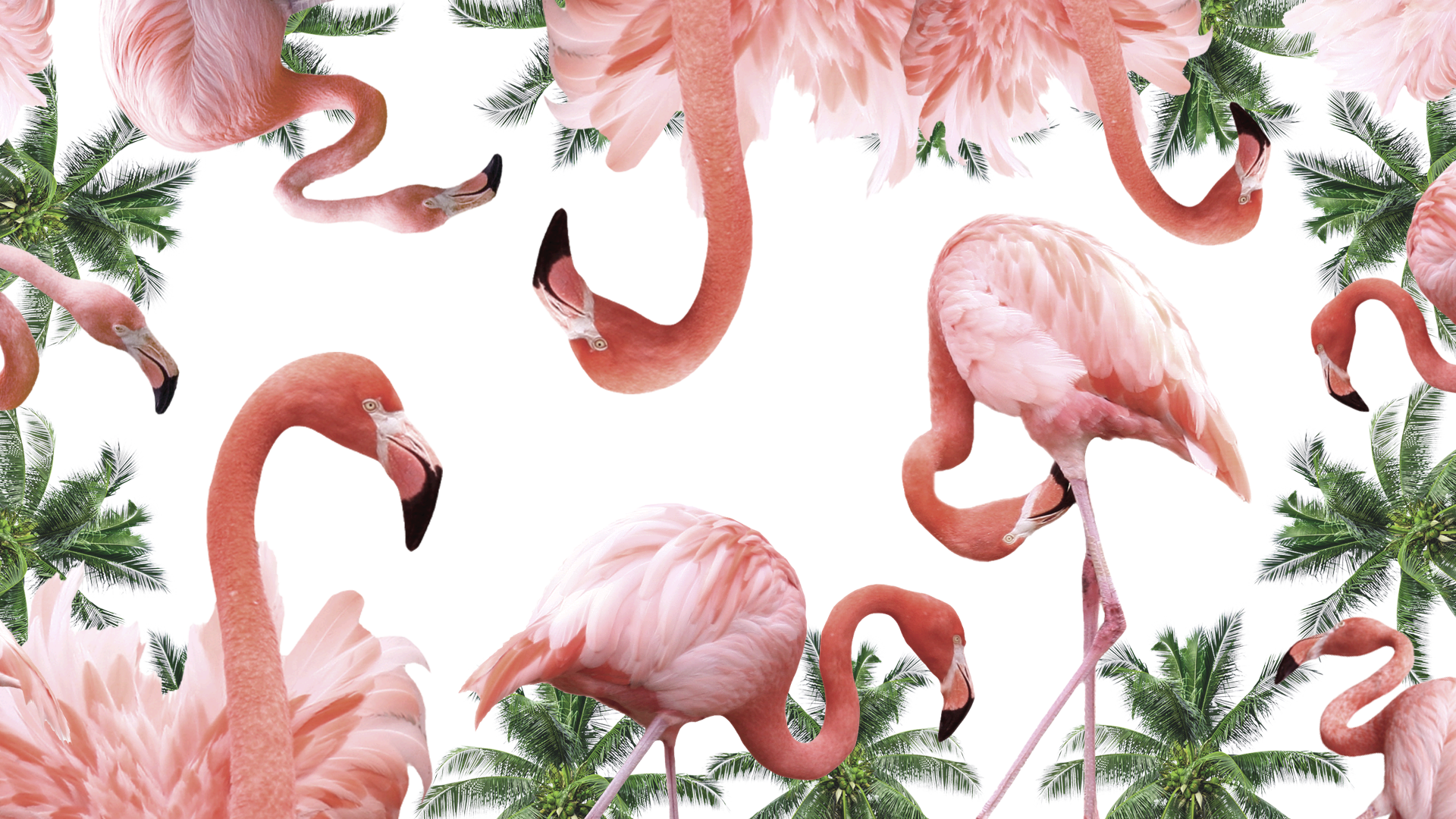Feeling “a bit OCD”?! Remembering the D in OCD during the pandemic
- followingflamingos
- Apr 5, 2020
- 4 min read
Updated: Nov 16, 2020
Yes we are washing our hands, social distancing, mask wearing and practicing hygiene like never before. However, I reckon the general population at large are fairly safe from ‘being a bit OCD’ even in a pandemic. This is not to say some people are not at risk of developing obsessions and compulsions that they may need support to deal with as a result of the current crisis (see below). But for someone to *be* the disorder that is Obsessive Compulsive Disorder (OCD) is a metaphysical conundrum.
Challenging the misnomer
I was heartened to read this response from leading national charity OCD UK to a particularly ignorant publication recently. It led me to reflect on how best to challenge unhelpful language around OCD, (which I myself suffer from as well as a lovely mix of anxiety and depression). Given the long-term nature of my illness and recovery, I have found the current crisis has had a strange impact on me and it's not much to do with hygiene.
OCD is an anxiety disorder, a mental illness that destroys lives. It is a pity that the phrase 'being a bit OCD' is often bandied about unchallenged as a misnomer for the mark of pride people have about doing things accurately, or neatly or with focus. I have even seen sweaters and T-shists with "OCD = Obsessive Christmas Disorder"! It's super confusing and pretty much insulting to those of us struggling with intrusive (unwanted) thoughts and unhelpful compulsions.
More than worry
Obsessive thoughts that make you feel overwhelmed are the kind I am talking about. Those that *love* rationalisation and for which seeking reassurance and engaging in compulsive behaviour like cleaning or mentally checking is never enough. Before you know it you can spend a lot of your life compulsively worrying or engaging in escalating checking or cleaning or ritualistic behaviours that are illogical, make little sense to others but feel the only way for you to manage your anxiety. Even if they make you feel worse. The solution becomes the problem.
Of course as a sufferer, I am ultra-sensitive to the misuse of OCD as a character trait. But surely now in 2020 as we have become used to checking in with each other, and hyper-focused on keeping well physically (from the virus) and mentally (managing the impact of the lockdown restrictions), we deserve access to information and support about conditions like OCD. Unhelpful preconceptions about mental health does us all a disservice as they lead to shame and yet more doubt in those with OCD.
Fear not pride
OCD takes many forms. For me the pandemic seemed to at first validate the sense of dread and doom I have carried with me since I was a child. A fear that any happiness would not last and that I had a sense of disproportionate responsibility for an imagined and terrible oblivion awaiting humanity. Sound mad? It is. I can know it is illogical, yet believe it. Because I have thoughts about it that come and come and come, it feels it must have some meaning or truth. I have learned to observe my obsessions and know that I am more than them, if not who is observing them and writing this article?
For anyone struggling with a anxiety due to new or ongoing obsessions and/or unhelpful compulsions relating to dirt or disease or anything else for that matter...you need to know that like me you can get help with this.
Seeking help
The first step in getting help in my experience is taking about it, with someone you trust. I know if you are reading this and are struggling as I was, that sounds both simple and impossible. It is, but it’s worth it. However horrible or meaningful you believe the thoughts are, sharing them takes away their power somewhat.
Reaching out for help however you do this is a sign of strength as you take responsibility for your mental health. The more we take steps to seek help when we need it, the more resources we have to be there for those we love. Self-care is hardly ever selfish.
Sources of support
At the moment you may feel you don't want to reach out to your GP or local mental health services but don’t let this put you off. You deserve support and to identify ways to support yourself. too. Your doctor is best placed to provide information and advice and signpost you to further support. However, if you feel you are in crisis you can always contact Samaritans on 116 123 or SHOUT by texting 85258.
Finally below, I share further resources with advice and information which has helped me:
I have learned that by challenging stereotypes this gives others more courage to seek help themselves. Whilst not everyone is ready to be open about their mental health and diagnosis, those of us that can speak out about unhelpful stigma are hopefully inspiring those around us to look after their mental health too.







Comments